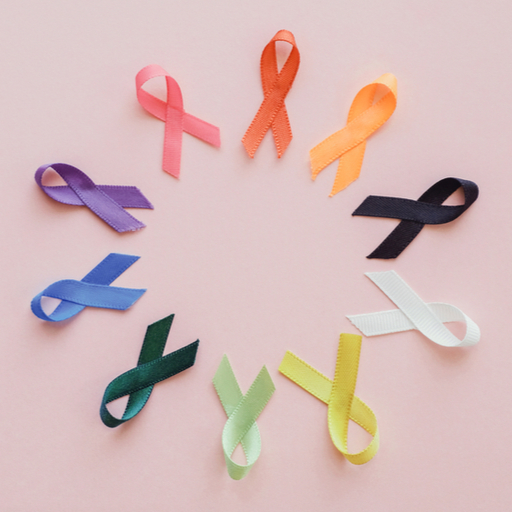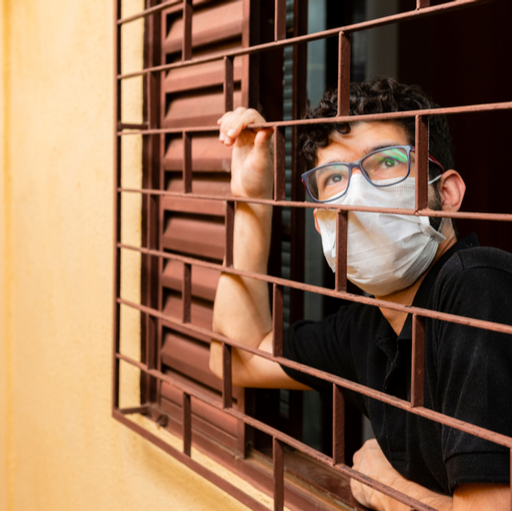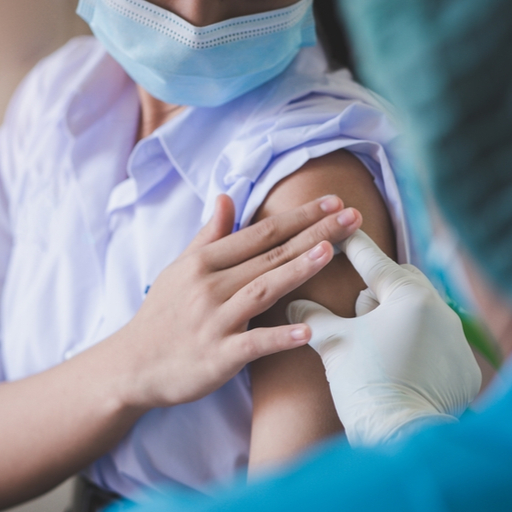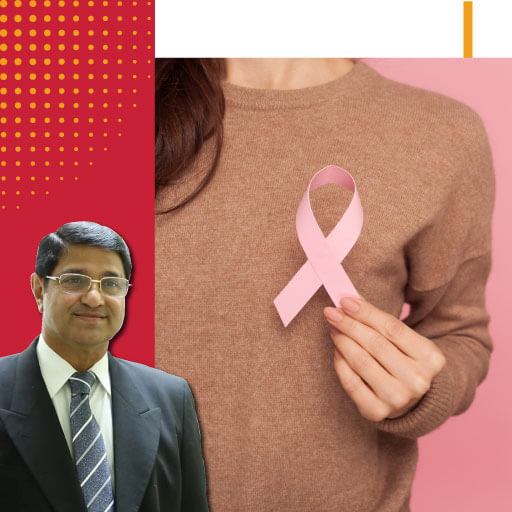Cancer is one of the major health concerns for people around the world. It can be caused because of your lifestyle or passed on as a hereditary condition. On World Cancer Day, find out the common symptoms of cancer and protective measures that can help you.
What you should know:
Important warning symptoms of cancer
Often cancer can go undetected until it is too late. That’s why it is necessary to understand some early symptoms of cancer that you should look out for, including:
- Lumps
If you notice any lumps forming on any part of your body you should have them checked out. It could be a symptom of a less harmful disease, but it is still better to get it checked by a medical professional.
- Chest pain
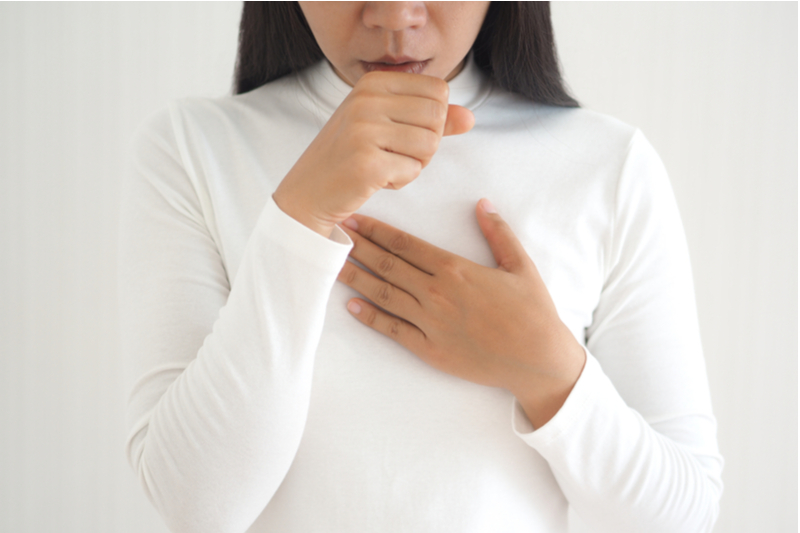
Chest pain is a common symptom of lung cancer along with coughing blood. This symptom should be checked as soon as possible if you are a chain smoker.
- Regular headaches and nausea
Regular and frequent headaches, blurring of vision and confusion could be signs of brain tumor. Getting a test done can help you understand if it is a neurological problem or a symptom of cancer.
- Abnormal stomach ache

If you feel an abnormal stomach ache regularly and notice that you are passing black stools it could be a sign of rectal cancer. However, black stools can be caused by certain foods, beverages and medication too. This is not a clear symptom of cancer.
Age-specific cancer screening tests
Making changes to your lifestyle can only reduce the risk of cancer. To identify and avail cancer treatment at an early stage, you need to undergo regular medical check-ups. Age-specific screening tests can also be helpful for anyone who has a history of cancer in the family.
Here are some cancer screening tests that can protect you at different ages:
20 years old
- Skin and testicular test
- Pap smear after being sexually active
- Monthly self-breast exam / Mammogram
- Pelvic ultrasound test for irregular bleeding

20 to 45 years old
- Monthly self-breast exam / Mammogram
- Monthly testicular exam for males
- Monthly skin examination for men and women
- Liquid-based pap smear every 3 years
- Ultrasound breast before the age of 40
- Baseline PSA (prostate-specific antigen) test at 45 years old if you have a family history of prostate cancer
50 years old and more
- Yearly clinical breast examination by a doctor
- X-ray or ultrasound test of the whole abdomen
- Baseline PSA (prostate-specific antigen) test at 55 years old
- Urine R/E (routine examination) yearly
- Annual cardiac check-ups
Common cancer protection tips
While you look out for cancer symptoms, you should also know how to reduce the risk of cancer. Here are some simple lifestyle changes that will help you avoid cancer, regardless of your age:
- Avoid tobacco
Smoking or chewing tobacco is linked to various cancers like throat, mouth, lung, breast and kidney.
- Eat healthy

Foods that fight cancers are rich in fibres and anti-oxidants like fruits- citrus fruits, vegetables – cooked and raw, whole grains, nuts, legumes, pulses and beans. Whereas processed meats, refined sugars, alcohol, smoking and high calorie and fried foods increase the risk of cancer.
- Exercise regularly
Exercising and maintaining a healthy weight can help you reduce the risks of different types of cancers. Try to include at least 30 minutes of moderate physical activity in your daily routine.
- Protect your skin

Harmful sun rays can cause skin cancer. That’s why you should avoid going out in the noon from 11 am to 4 pm when the sun rays are the harshest. If you do go out, use sunscreen, wear sunglasses and wear clothes with full-length sleeves to protect your skin.
- Get vaccinated
Certain vaccines can reduce the risk of cancer. While the Hepatitis B vaccine reduces the risk of liver cancer, the HPV (Human Papillomavirus) vaccine reduces the risk of cervical and other genital cancers.
If you have been diagnosed with cancer here are some tips to cope with cancer and the treatment. For more fitness or nutrition related advice, visit Activ Living.





 1800-270-7000
1800-270-7000


